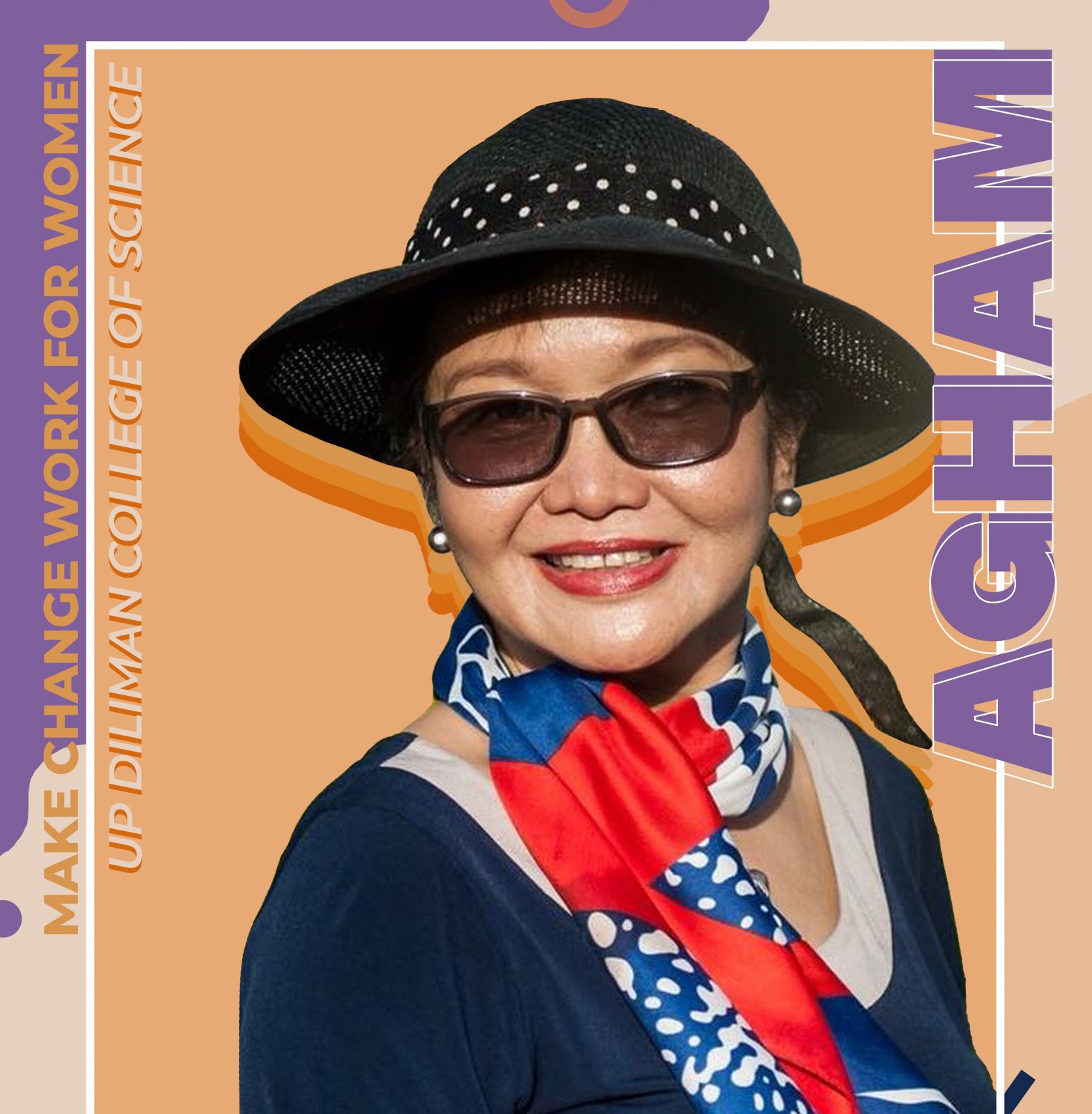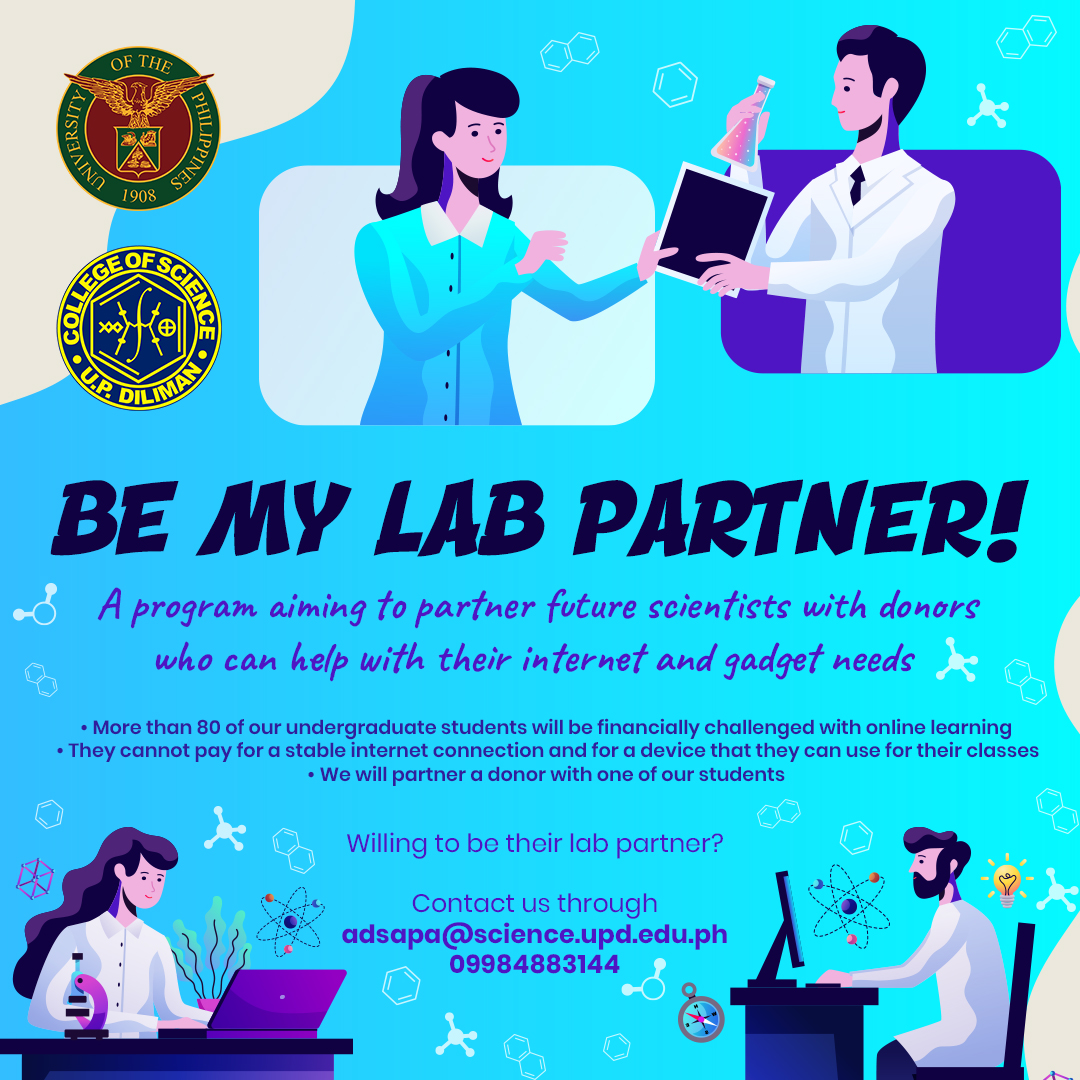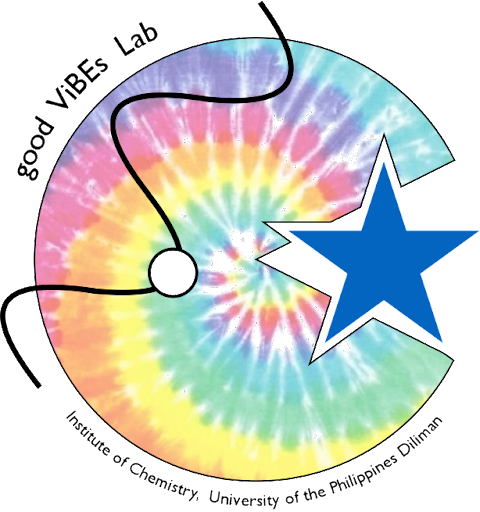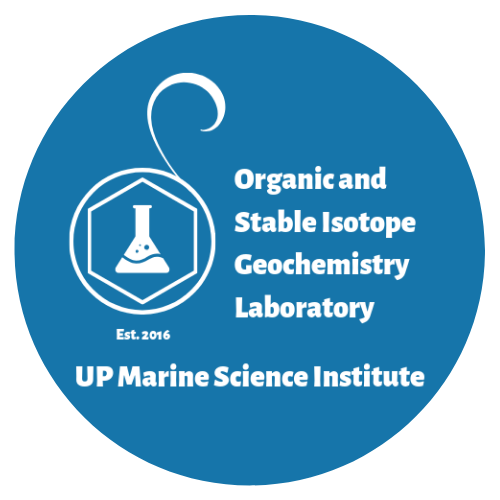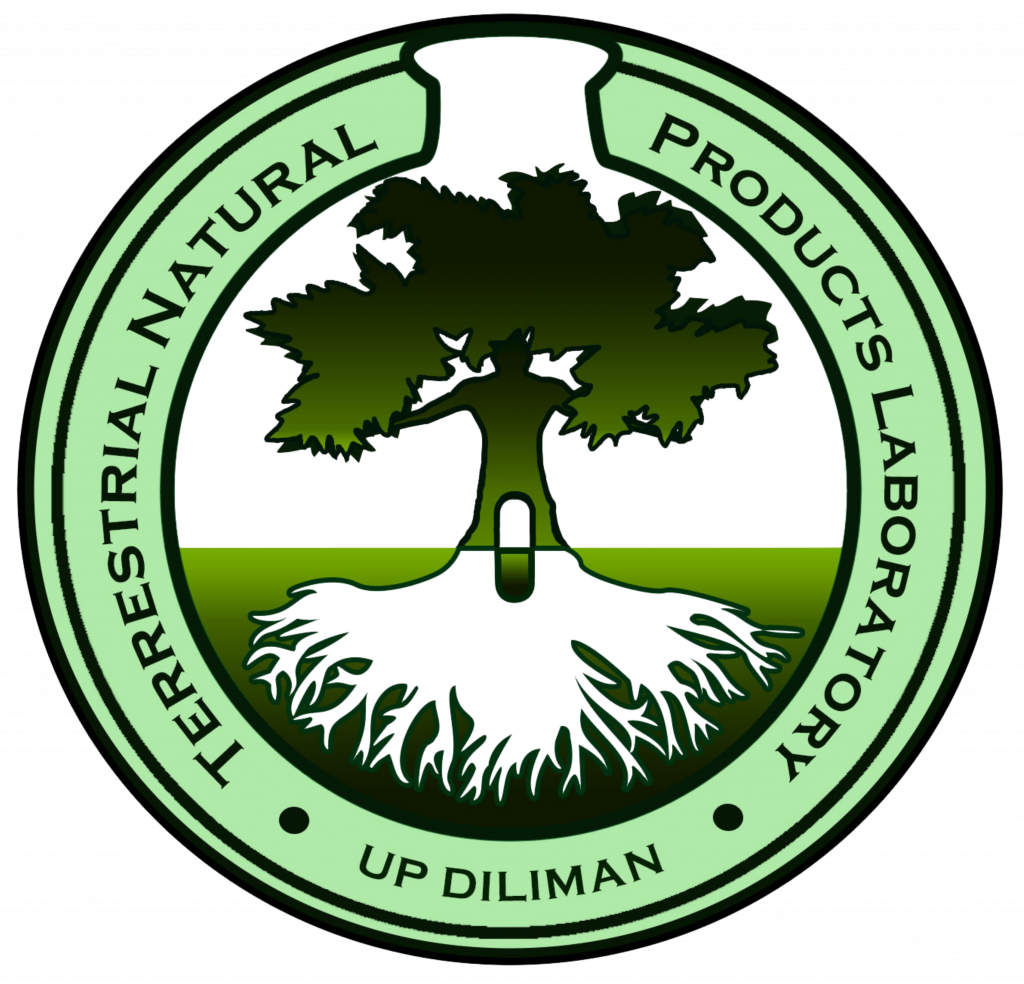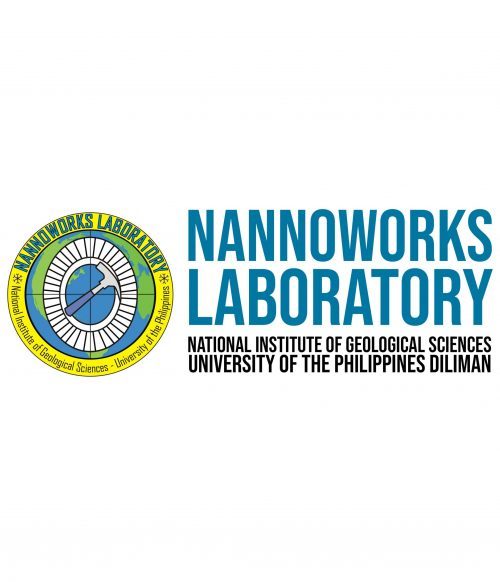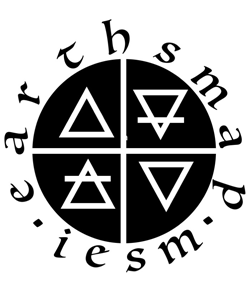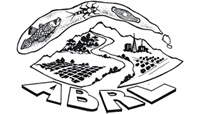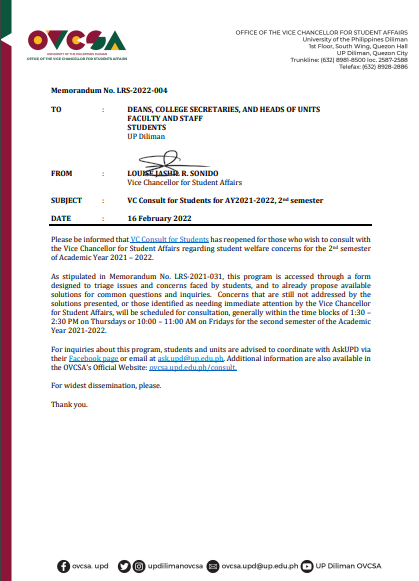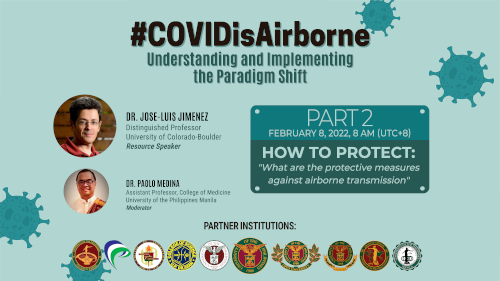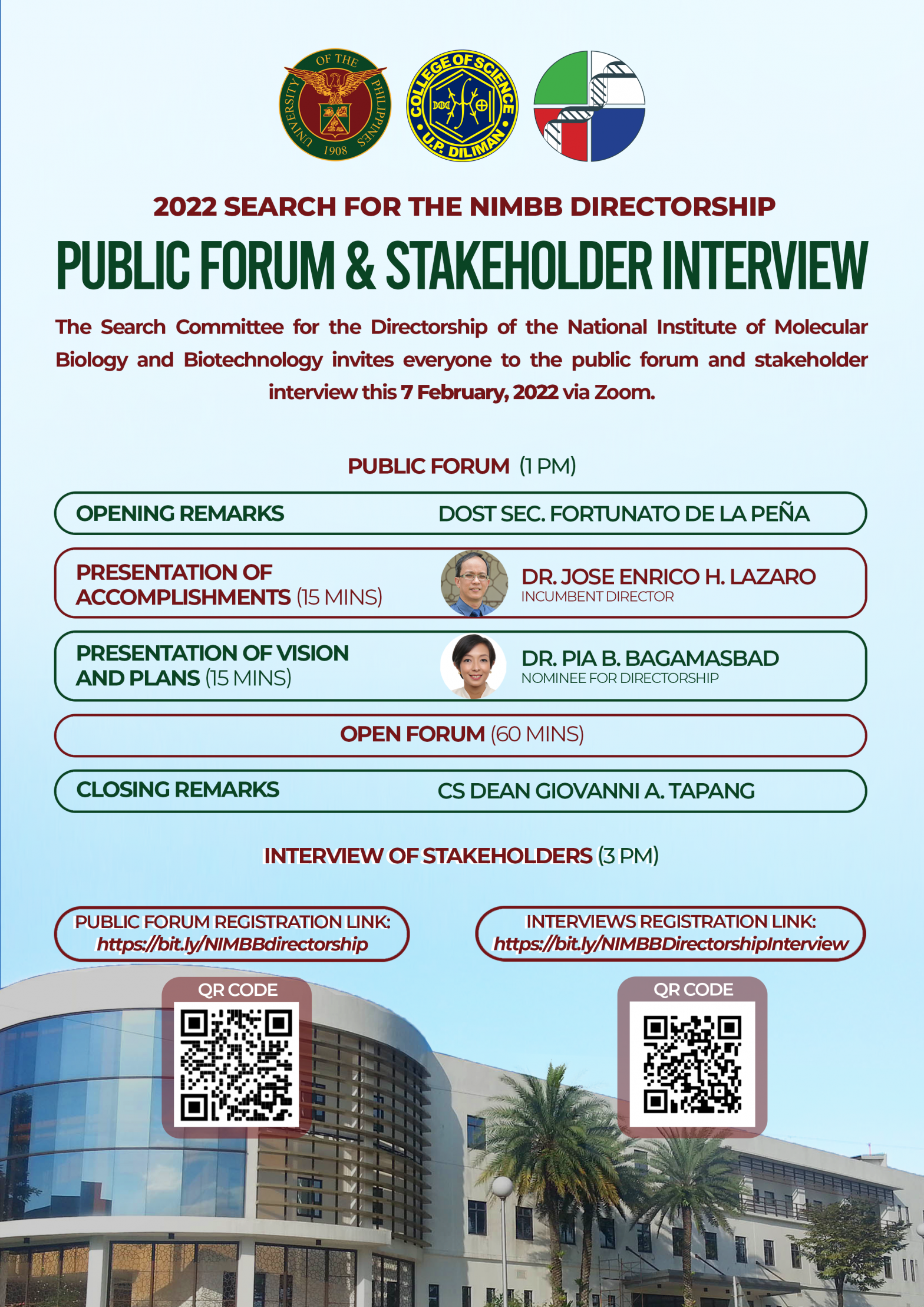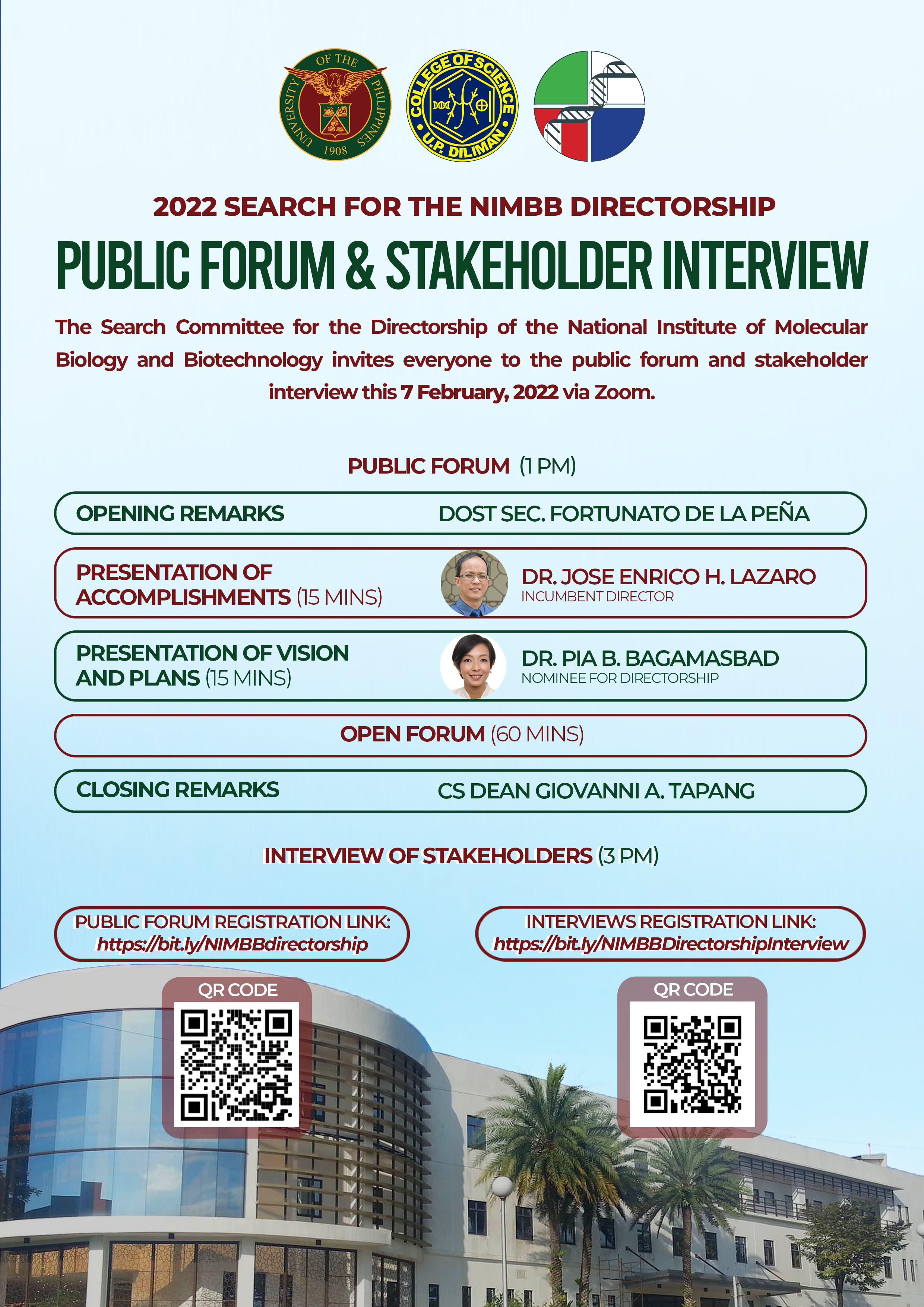Women in STEM: Dr. Marian P. Roque
 Dr. Marian P. Roque is a renowned Filipino mathematician who has been teaching in the UP Diliman Institute of Mathematics for more than 35 years. She is also currently serving in the College of Science Administration as the Associate Dean for Facilities and Resources Management.
Dr. Marian P. Roque is a renowned Filipino mathematician who has been teaching in the UP Diliman Institute of Mathematics for more than 35 years. She is also currently serving in the College of Science Administration as the Associate Dean for Facilities and Resources Management.
Her road toward a career in Math started when she found herself in between Mathematics competitions in grade school including the first ever National Quiz Bee. Although she lost during the Regionals, this paved the way toward the field that will define who she is today.
Dr. Roque is a true-blooded iskolar ng bayan as she earned her bachelor’s, master’s and doctorate degrees in UP. Her PhD was under a Sandwich Program of UP and funded by Germany, and gave her the chance to do her dissertation at the University of Essen. This opportunity opened her eyes to the discrimination that some women in STEM experienced at that time. She, herself, had become the subject of these prejudices as some of the people she met assumed that she was in Germany to look for a husband. “I faced a lot of challenges being a Filipina so I needed to be assertive, which was hard at first when I was still learning their language,” she adds. With the support of her German adviser, Prof. Bernd Schultze, she was able to overcome all hurdles.
Even with the discriminatory treatments she received while doing her dissertation and post-doctoral fellowship abroad, Dr. Roque continued to prove herself. Her mantra was to appear strong and not fall under the stereotypes. “I just had to prove to myself that I can do mathematics too, like men, or even better.”
Dr. Roque has authored and co-authored publications on partial and ordinary differential equations including “Analytical and numerical solution for wave reflection from a porous wave absorber” (with I.Magdalena) and “On the deficiency index of even order symmetric differential expressions with essential spectrum” (with B. Schultze). She received the Outstanding Achievement Award from the National Research Council of the Philippines (NRCP) in 2015 as recognition for her outstanding contributions in Mathematical Sciences, particularly her research in ordinary and partial differential equations. She also co-authored (with Doina Cioranescu and Patrizia Donato) the book, “An Introduction to Second Order Partial Differential Equations (Classical and Variational Solutions).”
Despite her struggles as both a scientist and a mother, Dr. Roque managed to successfully raise a daughter who is now a medical doctor. She found this an extra achievement to her scientific journey as the stereotype that women should stay at home and take care of the family is still rampant in society. “During the pandemic, it has been observed that the publications of female Mathematicians and scientists in general have decreased. I guess one reason for that is because mothers, daughters, sisters had to stay home and take care of their families’ physical and mental health which is a full-time job for some. This has made it more difficult for female mathematicians to continue with their research,” Dr. Roque says.
Dr. Roque believes that visibility is key to having more women in STEM fields. We need more female scientists to inspire the younger ones, we need to celebrate the achievements of women in the field, especially those who are breaking the bias. During this election season, she also reminds society, especially women voters, to choose someone who will strive for genuine equality and will also put an end to gender-based violence.
As we celebrate women’s achievements, we must also remember the true essence of Women’s Month, which is to raise awareness against stereotypes and continue taking actions toward equality.
#BreakTheBias #womeninSTEM
Click here to know more about Dr. Marian Roque: https://math.upd.edu.ph/faculty/roque-marian

